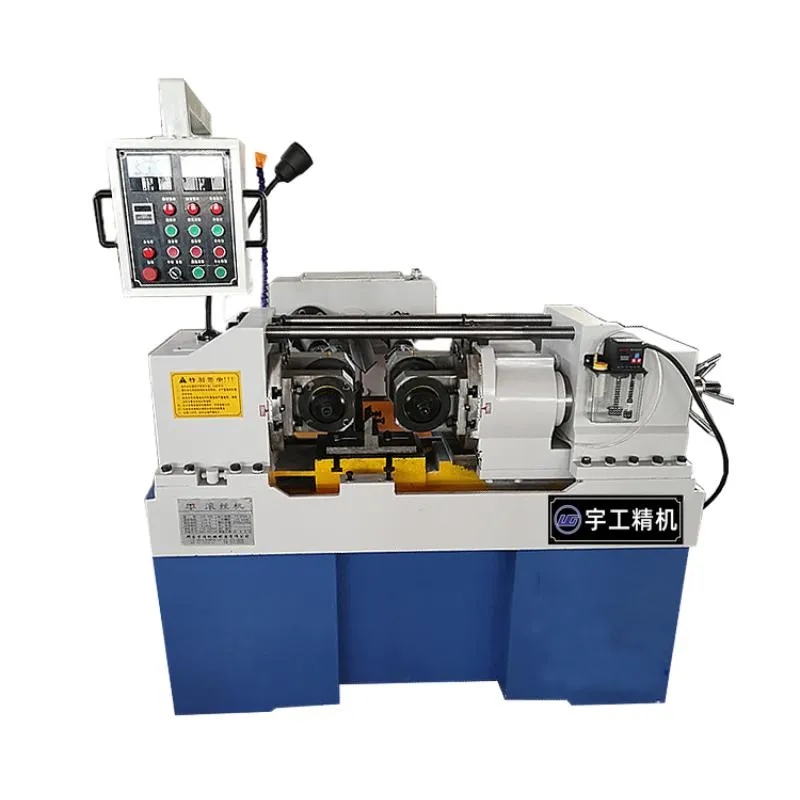
-
 Afrikaans
Afrikaans -
 Albanian
Albanian -
 Amharic
Amharic -
 Arabic
Arabic -
 Armenian
Armenian -
 Azerbaijani
Azerbaijani -
 Basque
Basque -
 Belarusian
Belarusian -
 Bengali
Bengali -
 Bosnian
Bosnian -
 Bulgarian
Bulgarian -
 Catalan
Catalan -
 Cebuano
Cebuano -
 Corsican
Corsican -
 Croatian
Croatian -
 Czech
Czech -
 Danish
Danish -
 Dutch
Dutch -
 English
English -
 Esperanto
Esperanto -
 Estonian
Estonian -
 Finnish
Finnish -
 French
French -
 Frisian
Frisian -
 Galician
Galician -
 Georgian
Georgian -
 German
German -
 Greek
Greek -
 Gujarati
Gujarati -
 Haitian Creole
Haitian Creole -
 hausa
hausa -
 hawaiian
hawaiian -
 Hebrew
Hebrew -
 Hindi
Hindi -
 Miao
Miao -
 Hungarian
Hungarian -
 Icelandic
Icelandic -
 igbo
igbo -
 Indonesian
Indonesian -
 irish
irish -
 Italian
Italian -
 Japanese
Japanese -
 Javanese
Javanese -
 Kannada
Kannada -
 kazakh
kazakh -
 Khmer
Khmer -
 Rwandese
Rwandese -
 Korean
Korean -
 Kurdish
Kurdish -
 Kyrgyz
Kyrgyz -
 Lao
Lao -
 Latin
Latin -
 Latvian
Latvian -
 Lithuanian
Lithuanian -
 Luxembourgish
Luxembourgish -
 Macedonian
Macedonian -
 Malgashi
Malgashi -
 Malay
Malay -
 Malayalam
Malayalam -
 Maltese
Maltese -
 Maori
Maori -
 Marathi
Marathi -
 Mongolian
Mongolian -
 Myanmar
Myanmar -
 Nepali
Nepali -
 Norwegian
Norwegian -
 Norwegian
Norwegian -
 Occitan
Occitan -
 Pashto
Pashto -
 Persian
Persian -
 Polish
Polish -
 Portuguese
Portuguese -
 Punjabi
Punjabi -
 Romanian
Romanian -
 Russian
Russian -
 Samoan
Samoan -
 Scottish Gaelic
Scottish Gaelic -
 Serbian
Serbian -
 Sesotho
Sesotho -
 Shona
Shona -
 Sindhi
Sindhi -
 Sinhala
Sinhala -
 Slovak
Slovak -
 Slovenian
Slovenian -
 Somali
Somali -
 Spanish
Spanish -
 Sundanese
Sundanese -
 Swahili
Swahili -
 Swedish
Swedish -
 Tagalog
Tagalog -
 Tajik
Tajik -
 Tamil
Tamil -
 Tatar
Tatar -
 Telugu
Telugu -
 Thai
Thai -
 Turkish
Turkish -
 Turkmen
Turkmen -
 Ukrainian
Ukrainian -
 Urdu
Urdu -
 Uighur
Uighur -
 Uzbek
Uzbek -
 Vietnamese
Vietnamese -
 Welsh
Welsh -
 Bantu
Bantu -
 Yiddish
Yiddish -
 Yoruba
Yoruba -
 Zulu
Zulu
Exploring Leading Manufacturers of Thread Roller Machines and Their Innovative Production Techniques
The Rise of Thread Roller Machine Factories A Key Player in Modern Manufacturing
In today's fast-paced industrial landscape, thread roller machines have become an indispensable part of manufacturing processes across various sectors. These machines, designed to create threads on rods and other materials with precision and efficiency, have gained prominence in factories worldwide. As a result, the rise of thread roller machine factories has significantly impacted not only the manufacturing process but also the overall economic landscape.
The Functionality and Importance of Thread Roller Machines
Thread roller machines work by deforming materials to produce external threads that are used in the assembly of various components and products. Unlike traditional machining methods that cut and remove materials, thread rolling is a cold forming process that enhances the strength of the threads. This capability makes the machines essential in industries such as automotive, aerospace, construction, and electronics.
The principal advantage of thread rolling machines is their efficiency. These machines can produce threads at high speeds, drastically reducing manufacturing time and labor costs. Additionally, the process generates less waste, contributing to more sustainable manufacturing practices. As industries continue to seek ways to improve productivity while minimizing their environmental footprint, the demand for thread roller machines is set to rise.
The Evolution of Thread Roller Machine Factories
Historically, the production of thread roller machines was a niche market, dominated by a few established players. However, with globalization and advancements in technology, the landscape has changed dramatically. New factories have emerged, particularly in developing countries, where labor costs are lower and industrialization is growing rapidly. These factories not only manufacture thread roller machines but also customize them to meet specific client needs.
Innovation has played a significant role in the development of modern thread roller machines. Factories are investing in research and development to create more advanced machines equipped with state-of-the-art technology, such as digital controls, automation, and enhanced safety features. By embracing these innovations, thread roller machine factories can offer products that are more reliable, user-friendly, and efficient.
thread roller machine factories

Challenges Faced by Thread Roller Machine Factories
While the outlook for thread roller machine factories is largely positive, it is not without its challenges. The competition among manufacturers has intensified, leading to price wars that can impact profit margins. Additionally, the rapid pace of technological change means that factories must continually upgrade their equipment and processes to stay competitive. This financial pressure can be particularly challenging for smaller factories or startups.
Supply chain disruptions, particularly in the wake of global events such as the COVID-19 pandemic, have also affected production schedules and material availability. Factories need to adapt quickly to these changes, which may involve sourcing materials from diverse suppliers or increasing inventory levels to mitigate disruptions.
The Future of Thread Roller Machine Factories
Looking ahead, the future of thread roller machine factories appears bright. As industries continue to light the path toward automation and efficiency, the demand for high-quality, advanced thread roller machines will only grow. Factories that prioritize innovation, sustainability, and customer service will be the ones that thrive in this evolving market landscape.
Moreover, as the global economy recovers and manufacturing sectors rebound, there is an opportunity for factories to expand their reach and explore new markets. This growth not only benefits the factories themselves but also has a ripple effect on job creation and economic development in the regions where they operate.
In conclusion, thread roller machine factories are playing a crucial role in modern manufacturing. As they continue to adapt to changing market conditions and technological advancements, they will remain integral in producing the components essential for everyday products and innovations. The future of these factories is bright, driven by the constant demand for efficiency and precision in manufacturing processes.
